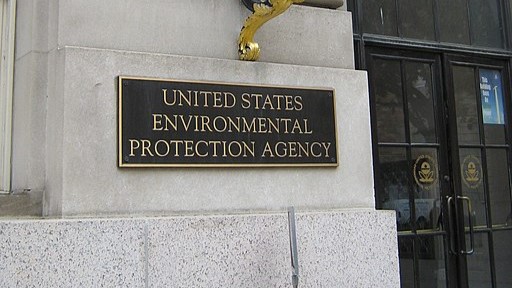In a recent letter sent to the White House, the Arizona Chamber of Commerce & Industry and Arizona Manufacturers Council joined a coalition of business groups led by the National Association of Manufacturers in opposition to the Environmental Protection Agency’s proposed revised regulation of air particles that are less than 2.5 micrometers in diameter, also known as particulate matter 2.5 or PM2.5.
The new standard would severely constrict economic development by limiting the issuance of permits for new major construction projects like those made possible by the bipartisan infrastructure law and the CHIPS and Science Act, and would undermine manufacturers’ capacity to invest in modern technologies that tackle air quality issues, decrease emissions, and safeguard the environment, all while safeguarding manufacturing jobs and fostering economic growth.
Thanks to innovations in air quality management, PM2.5 levels have dropped a full 42% since 2000 according to EPA’s 2022 Air Trends and National Emissions Inventory report.
EPA’s proposed regulations are estimated to threaten $162.4 billion and $197.4 billion worth of economic activity, potentially jeopardizing 852,100 to 973,900 existing jobs according to NAM.
The letter highlights that PM2.5 emissions in the U.S. often originate from nonpoint sources like wildfires and road dust. The impact of Canadian wildfires on U.S. air quality, for example, surpasses that of industrial sources.
Compliance with existing and potential new standards becomes challenging due to the influence of nonpoint emissions on the federal government’s determinations of whether an area should be found to be in nonattainment. The business groups argue that EPA’s Regulatory Impact Analysis lacks sufficient controls for achieving proposed standards nationwide.
Despite nonpoint sources being the main culprits, the coalition says the cost of compliance falls solely on certain entities, impacting job creation, innovation, and investment.
Economic impacts will be localized, hindering new manufacturing facilities and jobs due to stricter standards. About 22% of U.S. counties could be deemed out of compliance, and even areas meeting proposed standards would have little room for new economic development.
The letter also raises concerns about the impracticality of standards set at background levels, making it nearly impossible for industries to comply since even minimal emissions could push an area out of attainment. This could lead to adverse outcomes like potential relocation of new facilities to countries with lower air quality standards, contradicting economic and environmental goals.
“Manufacturers across Arizona and the country are willing partners in the EPA’s efforts to improve air quality. Our processes are cleaner and more innovative than they’ve ever been,” Arizona Manufacturers Council Executive Director Grace Appelbe said. “But we can’t comply with regulations that are unattainable. The administration needs to maintain the existing standard to allow for much needed economic growth.”
Image courtesy dave_7 from Lethbridge, Canada, CC BY-SA 2.0 <https://creativecommons.org/licenses/by-sa/2.0>, via Wikimedia Commons
















Add comment